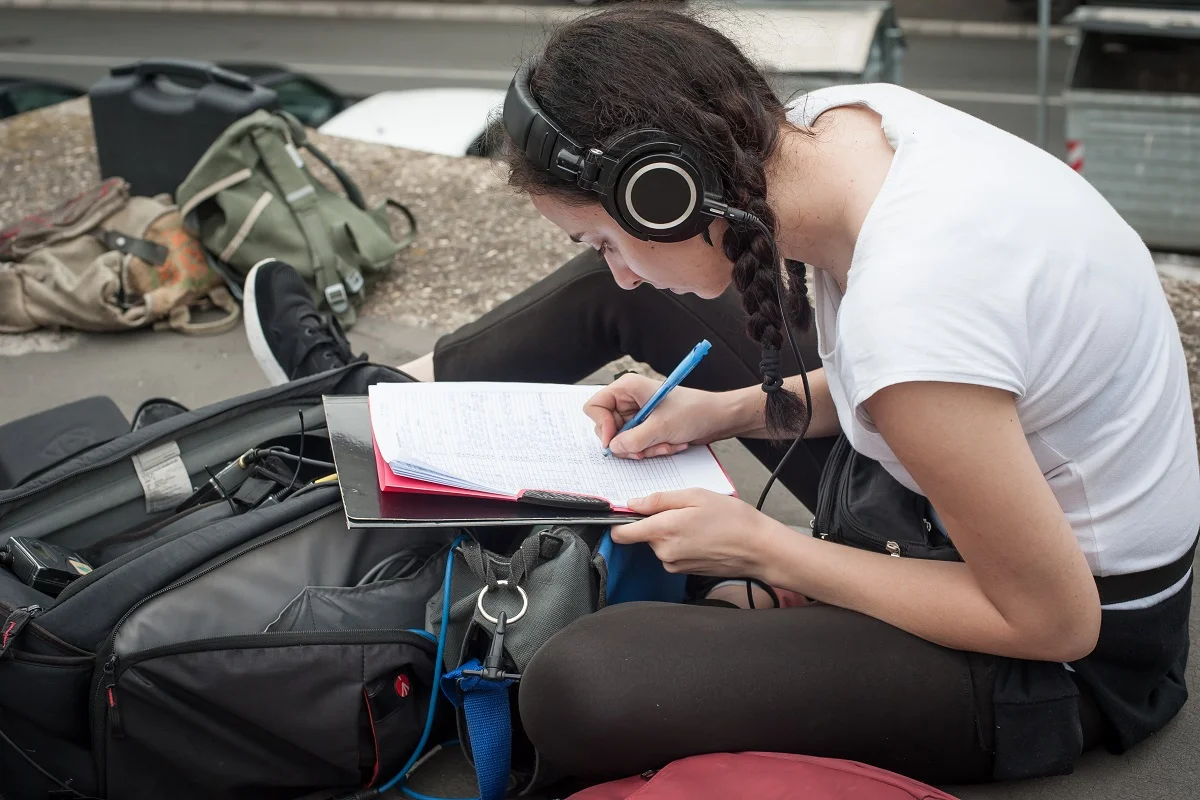Reporting on Environmental Shifts in Climate Change Investigations
Climate change is one of the most pressing issues of our time, and investigative reporting plays a crucial role in bringing attention to the environmental shifts occurring around the world. As journalists, it is our responsibility to provide accurate and insightful coverage of these changes, helping to raise awareness and drive meaningful action. In this article, we will explore the importance of reporting on environmental shifts in climate change investigations and discuss some key aspects to consider when covering this complex topic.
1. Research and Data Collection
Reporting on environmental shifts in climate change investigations requires a solid foundation of research and data collection. Journalists need to stay informed about the latest scientific studies, reports, and data sets related to climate change. This involves reading scientific journals, attending conferences, and following reputable sources such as the Intergovernmental Panel on Climate Change (IPCC) and NASA’s Climate Change website. By staying up-to-date with the latest research, journalists can provide accurate and evidence-based reporting on environmental shifts.
2. Understanding the Science
Climate change is a complex scientific phenomenon, and journalists need to have a basic understanding of the science behind it. This includes knowledge of key concepts such as greenhouse gases, the greenhouse effect, and the role of human activities in driving climate change. It is important to avoid misrepresenting scientific findings or perpetuating climate change denial. Journalists should strive to present the facts in a clear and accessible manner, making complex scientific concepts understandable to the general public.
3. Investigative Journalism Techniques
Investigative journalism plays a crucial role in uncovering the truth and holding those responsible accountable. When reporting on environmental shifts in climate change investigations, journalists can employ various investigative techniques to dig deeper and uncover hidden truths. This may involve conducting interviews with experts and stakeholders, analyzing government documents and policies, and using data analysis tools to uncover patterns and trends. By using these techniques, journalists can provide in-depth and comprehensive coverage of environmental shifts.
4. Local and Global Perspectives
Climate change affects different regions of the world in varying ways. When reporting on environmental shifts, it is important to consider both local and global perspectives. Journalists should highlight the specific impacts of climate change on local communities, ecosystems, and economies. By giving voice to those directly affected by environmental shifts, journalists can create a more nuanced and impactful narrative. Additionally, global perspectives are important in understanding the interconnected nature of climate change and the need for international cooperation in addressing this global challenge.
5. Solutions and Action
While reporting on environmental shifts in climate change investigations can be daunting, it is important to also highlight solutions and actions being taken to address the issue. Journalists can showcase innovative technologies, policy initiatives, and grassroots movements that are making a positive impact. By highlighting these stories of hope and progress, journalists can inspire readers and viewers to take action in their own lives and communities.
Conclusion
Reporting on environmental shifts in climate change investigations is a crucial task for journalists. By conducting thorough research, understanding the science, employing investigative techniques, considering local and global perspectives, and highlighting solutions and action, journalists can provide accurate and impactful coverage of this pressing issue.
Key Takeaways:
- Research and data collection are essential for reporting on environmental shifts in climate change investigations. Stay informed about the latest scientific studies and reports to provide accurate and evidence-based reporting.
- Understanding the science behind climate change is crucial. Familiarize yourself with key concepts like greenhouse gases and the role of human activities in driving climate change. Present the facts in a clear and accessible manner.
- Employ investigative journalism techniques to uncover hidden truths. Conduct interviews, analyze government documents, and use data analysis tools to provide comprehensive coverage of environmental shifts.
- Consider both local and global perspectives when reporting on climate change. Highlight the specific impacts on local communities and ecosystems, while also emphasizing the need for international cooperation.
- Showcase solutions and actions being taken to address climate change. Highlight innovative technologies, policy initiatives, and grassroots movements to inspire readers to take action.
In today’s world, the role of journalists in reporting on environmental shifts in climate change investigations is crucial. By conducting thorough research, understanding the science, employing investigative techniques, considering local and global perspectives, and highlighting solutions and action, journalists can provide accurate and impactful coverage of this pressing issue.
As we strive towards a sustainable future, let us continue shedding light on the environmental shifts occurring around us. If you’re passionate about environmental reporting and want to enhance your journalism skills, consider enrolling in the online courses and certificate programs offered by Yellowbrick. Courses like “Modern Journalism” at NYU provide valuable insights and practical knowledge to help you excel in the field. Start your journey towards becoming an impactful climate change reporter today.








